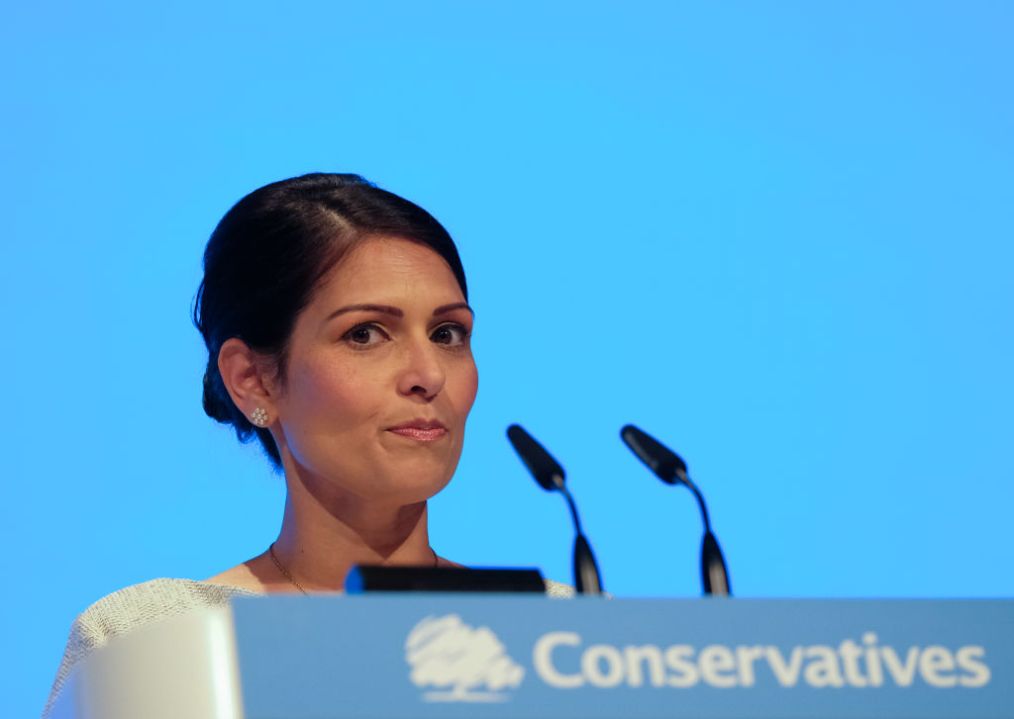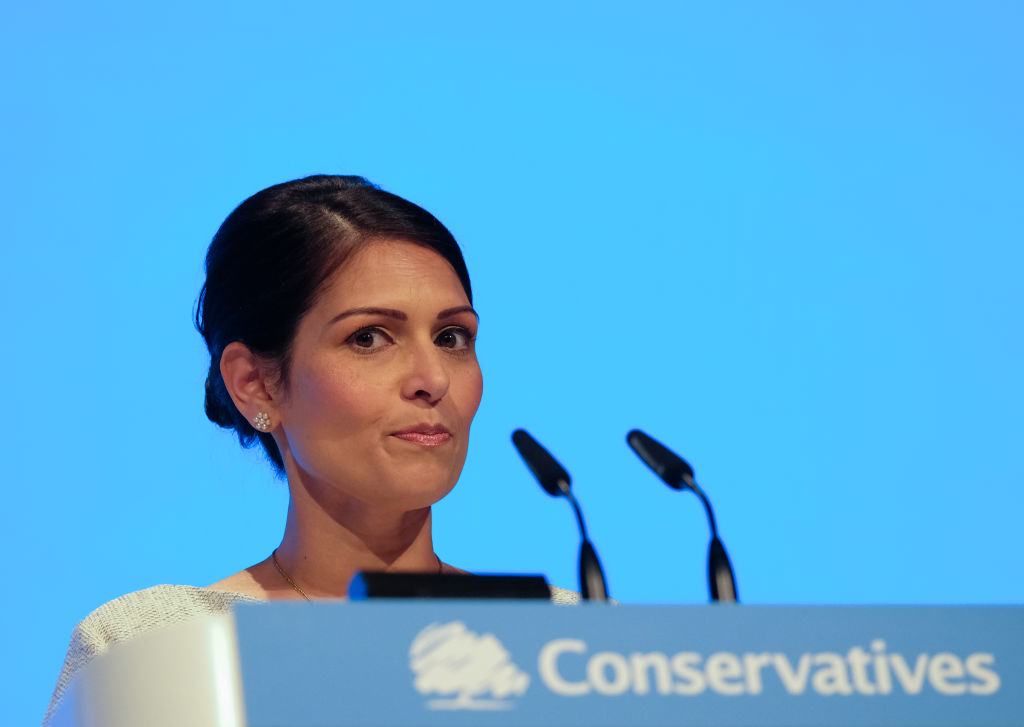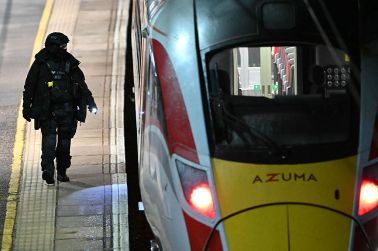In the past few minutes, Priti Patel has launched a public awareness campaign called #YouAreNotAlone on domestic abuse in the lockdown, along with an extra £2 million for domestic abuse helplines and online support. Charities helping domestic abuse victims say the number of calls to their hotlines has risen by around 25 per cent – 120 per cent in 24 hours in the case of the National Domestic Abuse Hotline – and their website traffic has soared even more since the public was told to stay at home. Police forces are also reporting an increase in calls about domestic violence.
The Home Secretary, who has been rather low profile so far during this pandemic, told the Downing Street press conference:
Coronavirus has opened Britain’s enormous heart and shown our love and compassion for one another as we come together to help those most in need. I am now asking this nation to use that amazing compassion and community spirit to embrace those trapped in the horrific cycle of abuse. And to help us all look out for those who need help, we have created a symbol of hope – a handprint with a heart on – so that people can easily show that we will not tolerate abuse as a society, and that we stand in solidarity with victims of domestic abuse.
She reiterated that anyone in need of the police should still call 999, and press 55 if they cannot speak to the operator. This is helpful given the general low awareness of domestic abuse among the public, and given how much easier it is for perpetrators to carry out their crimes. But it’s hardly commensurate with the challenges that frontline charities are facing. It is one thing for a victim to find the courage – and the space when their abuser isn’t present – to call a helpline, but quite another thing for there to be secure accommodation for them to move into. In normal times refuges turn away 90 women and the same number of children because there aren’t any places for them on any one night: now the demand is much higher, and the number of staff working for these charities is stretched, either because they have lost so much of their funding, or because the workers or their families have fallen sick.
Ministers are acutely aware of the risks caused by the lockdown when it comes to domestic abuse: Fraser Nelson examined this in his Telegraph column this week. But if they are serious about preventing more deaths, then perhaps it would be a wise idea to invite the recently-appointed Domestic Abuse Commissioner Nicole Jacobs to attend COBRA meetings: currently she isn’t on the list for that. Today’s announcement is better than nothing, but there’s a lot more that ministers need to do to keep women and children safe during the lockdown – and to prepare for life once those restrictions lift.








Comments